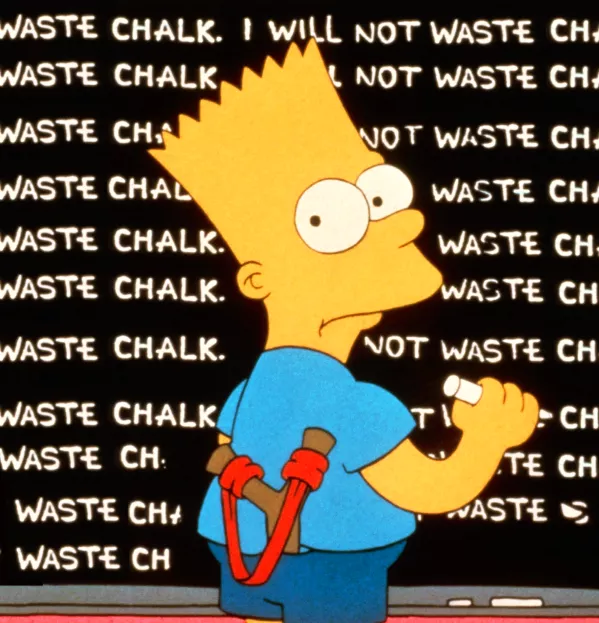Do behaviour sanctions just make things worse?

It’s a situation we’ve all been in. Out of the corner of your eye, you see a pupil throw a pencil across the room, hitting a classmate. Immediately, you reprimand them, handing out a warning or a consequence point.
The pupil pleads their case and you get into a heated interaction. They end up getting another consequence point. They disengage. And suddenly the whole class is agitated.
So far, so familiar. Many school policies work this way.
But I have found an approach that works much better. It’s called Stop, Look and Listen (and it’s nothing to do with the 1970s road safety campaign).
In our school the response to the pencil scenario would start with a stop. Immediately following an incident, we pause. Each student is given an opportunity to explain what has happened. This can be mediated through a support assistant or given directly to the whole class (which builds confidence that you are providing an environment that is safe, fair and just). This does take time, but far less than would be spent on managing the disruption caused by the anxiety or excitement of retribution.
It also takes patience. But by stopping, looking at the situation and listening to each other, we have already slowed the process. We have ensured that all parties feel heard, helping us to understand what has occurred.
As we know, all behaviours are emotional responses. Pencils aren’t thrown for no reason. As humans, our instinctive reaction in such moments is fight or flight (or scream and shout). We get overexcited or miserable. Even if we try to suppress those emotions, they have a habit of coming out.
Let’s say Student A is having a bad day - they may have had a difficult morning at home, or a fight with a friend. Perhaps they didn’t get lunch. There are any number of possible issues, and they are refusing to engage in class as a result. A teacher handing out a consequence point or a threat of punishment is only going to raise that emotion and the defensive response, which can quickly escalate into more points, threats, punishments and, ultimately, power plays.
Defusing disruption
But a vocal, stressed student can be relaxed with a simple explanation: “I understand you’re not happy at the moment. Stop there while I give the class their instruction, then I’ll come and listen to your issue.”
The time it takes to say this, give the class an instruction and come back to the student - who now recognises that you’ve acknowledged them - is, again, far less than it takes to reprimand, damage and restore the relationship. The student’s disruption is defused, with minimal impact on the learning of the rest of the class.
We are morally responsible for preparing our students to function in the world. It has never been more essential to be able to listen to others and try to understand their positions. We must teach these skills, explicitly and often. If students see staff using their authority to shut down young people who are struggling, either in the moment or longer term, it sends a worrying message.
This approach isn’t without its challenges, of course. Culturally, it can be slow to embed. There are some teachers who see it as a means of allowing students to excuse their behaviour or teachers to avoid challenging and giving consequences. But I’d question who and what the consequences are for. Are they to remind the student who’s boss? Is that what we’re here for?
Some students can also find this different approach difficult. They are so used to being reprimanded by being put on report or sent out, without being listened to, that they struggle with it.
And there are some who have internalised the idea that they are “bad”, simply because people haven’t taken the time to stop, look at the reason why they reacted and listen to their perspective before issuing the reprimand.
A solution to this is to encourage staff to remember the raft of CPD on “thinking time” that occurred in schools a few years ago. The idea was that children would need up to 10 seconds, more in some cases, to process a question and answer effectively. It worked, and became common practice.
By applying this processing time to a behaviour, we can alleviate tension in all parties, reducing the likelihood of escalation and ensuring a rational response. What’s more, we build confidence that all within the learning environment are valued.
Nick Belcher is a UK-based Sendco
This article originally appeared in the 16 August 2019 issue under the headline “Do behaviour sanctions make things worse?”
You need a Tes subscription to read this article
Subscribe now to read this article and get other subscriber-only content:
- Unlimited access to all Tes magazine content
- Exclusive subscriber-only stories
- Award-winning email newsletters
Already a subscriber? Log in
You need a subscription to read this article
Subscribe now to read this article and get other subscriber-only content, including:
- Unlimited access to all Tes magazine content
- Exclusive subscriber-only stories
- Award-winning email newsletters